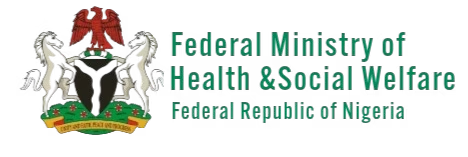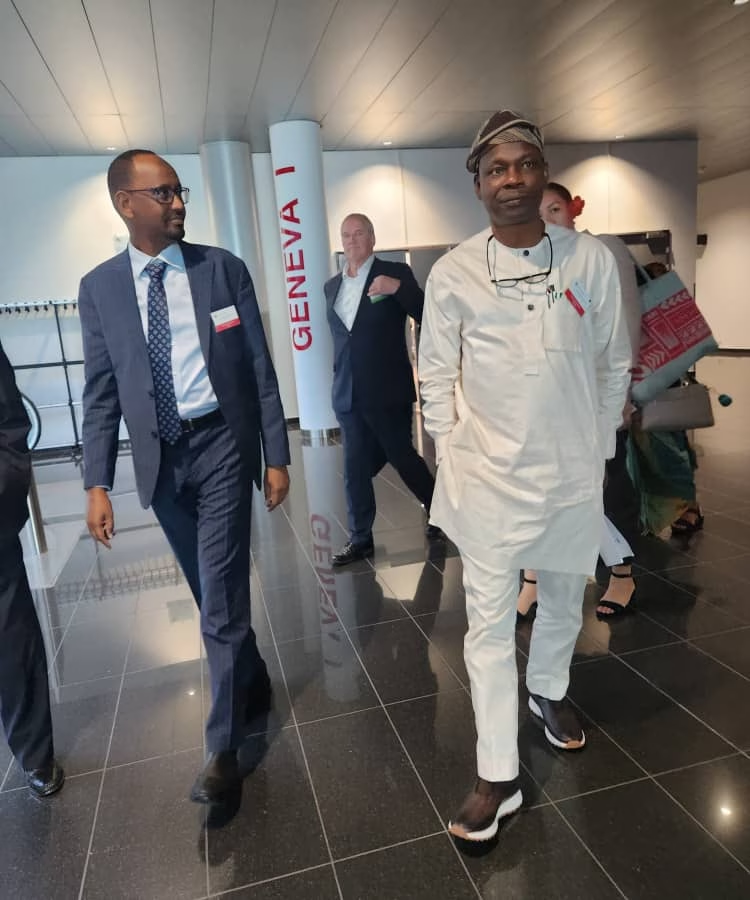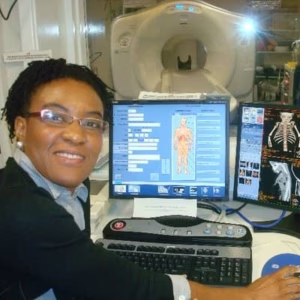At the ongoing 37th Commonwealth Health Ministers Meeting (CHMM), held on Saturday at the Hilton Hotel and Resorts in Geneva, Switzerland, Nigeria’s Minister of State for Health and Social Welfare, Dr. Iziaq Adekunle Salako, has delivered a compelling ministerial statement emphasizing the need for sustainable financing and smart health spending across the Commonwealth nations.
Speaking under the theme “Investing in Health: Sustainable Financing for an Equitable Commonwealth,” Dr. Salako underscored the importance of a bottom-up budgeting approach that prioritizes primary health care, preventive services, local manufacturing, pooled procurement, and digital health integration.
“Nigeria believes smart spending is central to sustainable health financing,” he stated. “We must reorient financing systems to maximize value and equity, particularly by strengthening primary health care and promoting local solutions.”
Dr. Salako highlighted key strides made under the administration of President Bola Ahmed Tinubu, noting that the Nigeria Health Sector Renewal Investment Initiative (NHSRII), a cornerstone of the Renewed Hope Agenda, is being implemented through a Sector-Wide Approach (SWAp). “This strategy aims to boost domestic health financing, improve population health outcomes, and strengthen health security and infrastructure.”
Key achievements outlined include:
Routine HPV vaccination for girls aged 9–14, reaching over 12 million with a 71% coverage rate.
Revitalization of primary healthcare centres, in collaboration with state governments.
Expanded investments in tertiary health infrastructure across the country.
Innovative financing strategies to cushion the financial burden of catastrophic health conditions such as cancer and chronic kidney disease.
Establishment of the Social Action Fund to empower communities in health promotion initiatives.
Dr. Salako also emphasized Nigeria’s progress in local pharmaceutical manufacturing, noting that the country is moving toward self-sufficiency in producing key health commodities, including insecticide-treated nets, antiretroviral drugs, rapid diagnostic test kits (RDTs), ready-to-use therapeutic foods (RUTF), and vaccines. He added that digital transformation is accelerating under the Nigeria Digital in Health Initiative.
“The current administration regards health as a fundamental human right. Through the NHSRII and SWAp, we are unlocking the healthcare value chain and improving access to quality care,” he said.
He also pointed to partnerships between local pharmaceutical companies and international partners aimed at scaling up local drug production, further driving the national agenda for healthcare industrialization.




